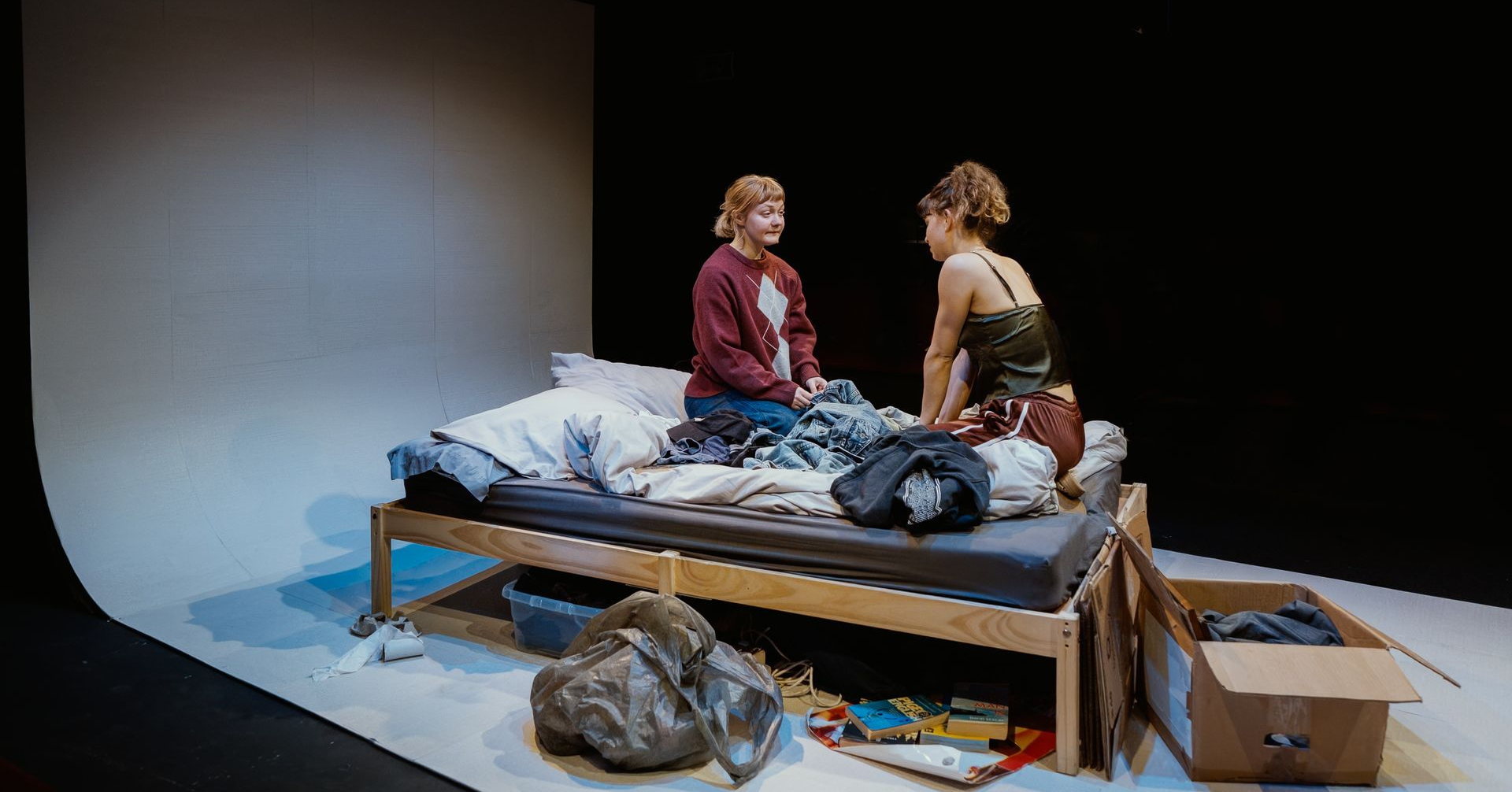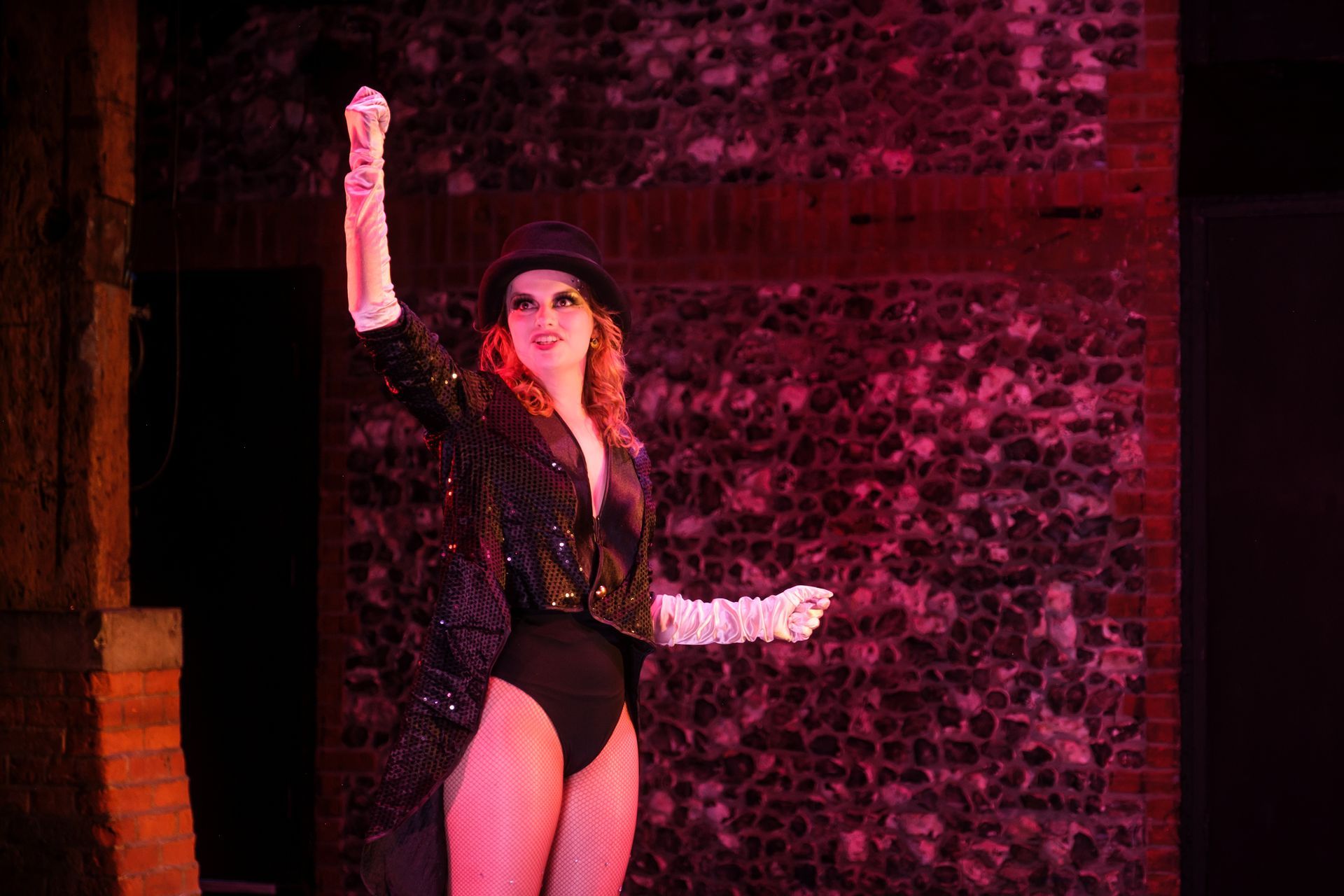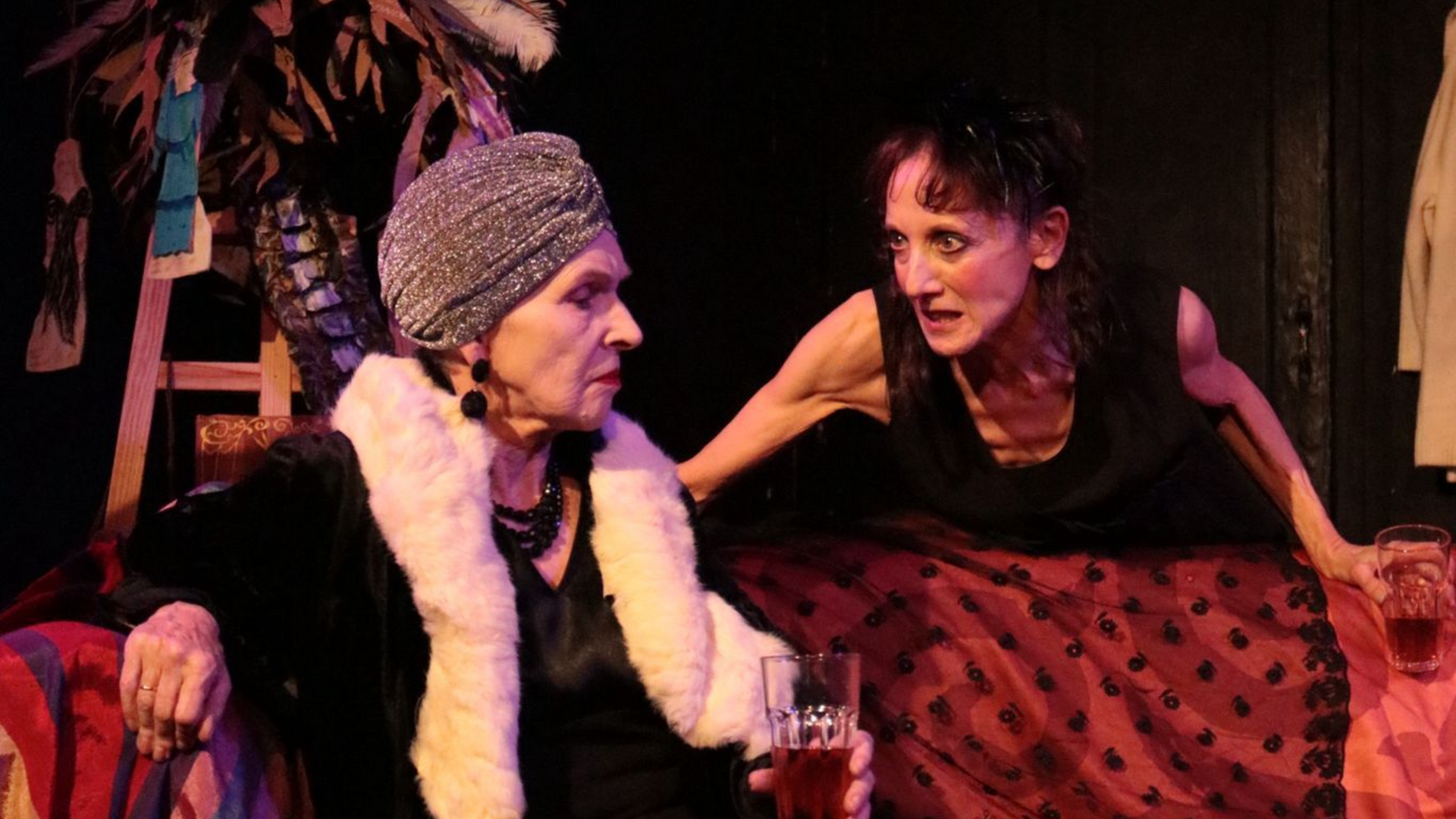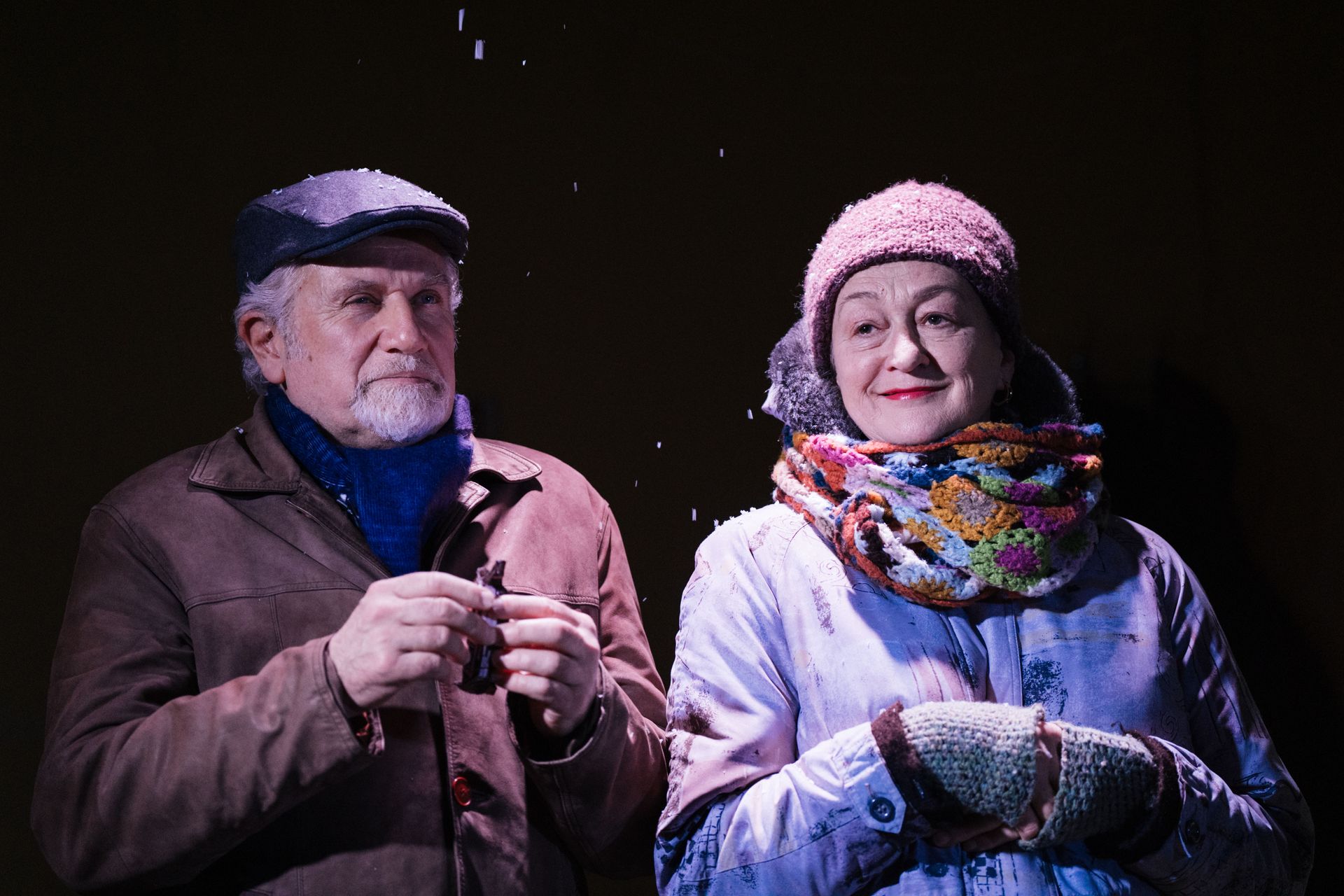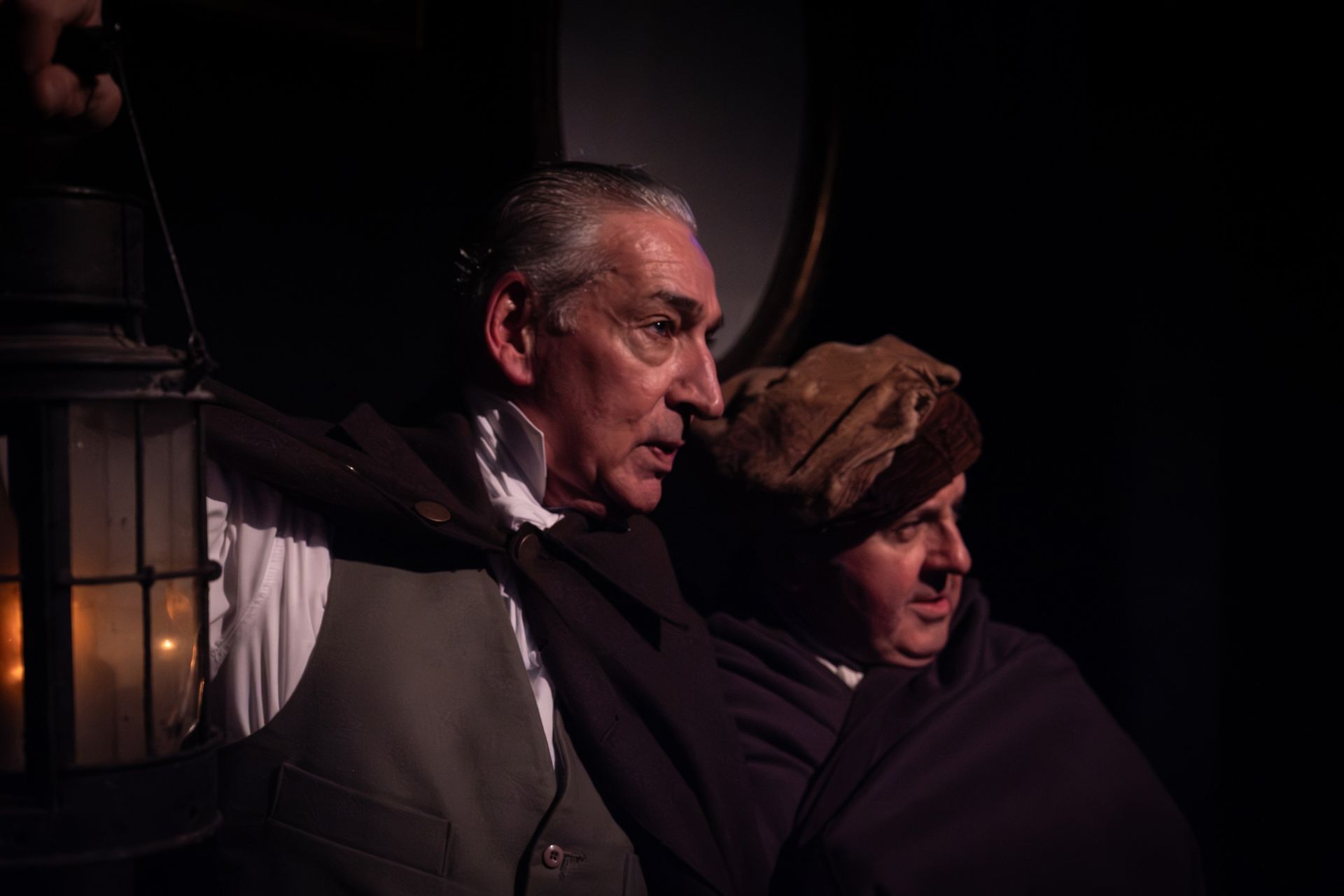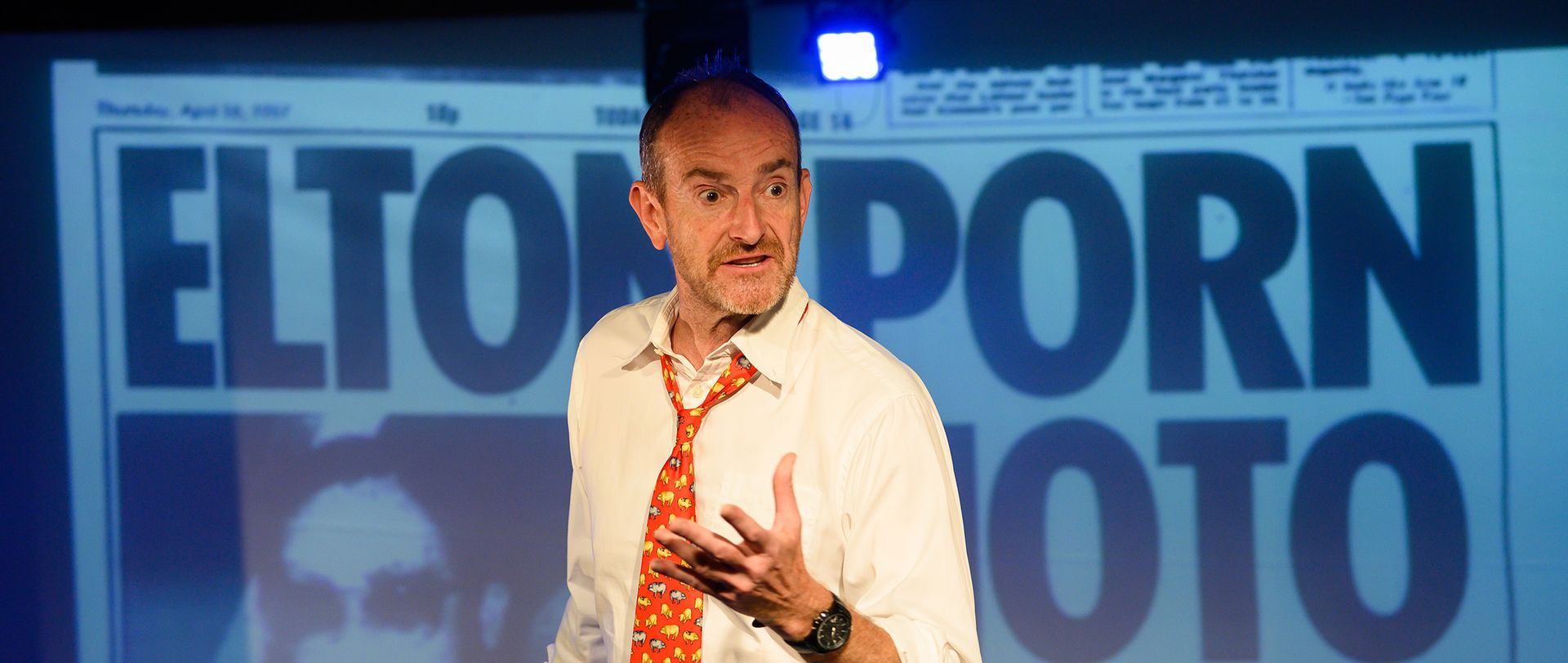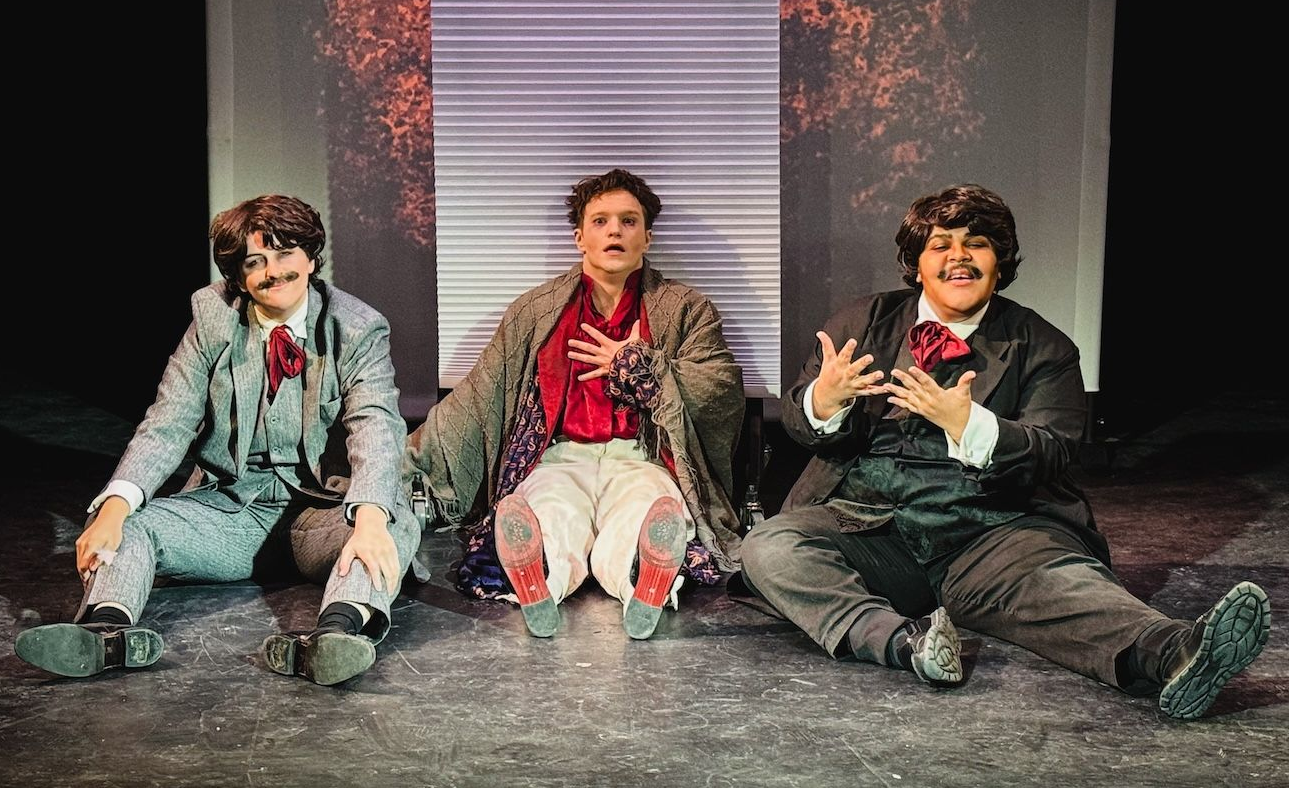by Nilgün Yusuf
•
11 February 2026
"An intoxicating fusion." ★★★★ Miles Davies, the iconoclastic jazz trumpeter and composer, is the inspiration for MILES, which after strong reviews at Edinburgh in 2025, is now at Southwark Playhouse Borough. Combining the impressive acting talents of RADA graduate, Benjamin Akintuyosi as Miles Davies, matched by the musical skill of Jay Phelps, an international jazz trumpet player and DJ, this immersive, layered production takes the audience into the heart of the music created by Davies, his philosophy and character. Directed, written and produced by Oliver Kaderbjai, Artistic Director of Delirium, the approach is episodic and impressionistic, not what you would recognise as a traditional linear biopic,and is all the better for it. Structurally, the play is more a series of beats or fragments, and weaves together cleverly, something like winding, smoky jazz. Rather than dull out the audience with endless autobiographical detail, we witness a series of moments and emotions, while somehow absorbing the very essence of Miles Davies. Jay Phelps as Jay Phelps, plays a contemporary musician, stuck, frustrated and lost. He’ll get dumped by his record label if he doesn’t deliver, so locks himself in a studio at Columbia with the session tapes from Kind of Blue , Miles Davis’s seminal 1959 album recorded over two days. As he tries to crack the musical code of this genius, he conjures his hero and mentor into the room. Their conversation across generations, one artist to another, provides the narrative frame. Peppered with the endless prompts of an eager student, Miles Davies relives the highs, lows, loves, addiction, racism, the beautiful act of creation and the ugly face of desperation. This encounter gets to the heart of making music and what that creative act entails including the sacrifices. Miles, broken-hearted after his love affair with Juliet Greco in Paris, uses his experience to make art, “it was my pain on a 78.” His influences meld the European classical cannon with the rhythms of modern dance including tap, and draw on African and Cuban rhythms, "black and white". We learn that every spare, intentional note has meaning and that Miles is just as interested in the spaces between the notes. Benjamin Akintuyosi in the central role is magnetically charismatic. Resembling a young James Baldwin, Miles is constantly wreathed in clouds of cigarette smoke. He prowls around the stage and flits effortlessly between the gravelly, growly Miles (post larynx removal) and Miles the younger, consumed by fury, fervour and fierce talent. He dances and plays, declares and instructs, rues and rallies. It’s a quite breathtaking and brilliant debut performance. Phelps' talents - while not in the same acting league - are the sound engine to this production and his character provides the creative impulse for the story that unfolds. His trumpet, that can be heard in many live interludes, is a character in its own right, with its own musical arc, from a shrieky, cluttered, confused thing, “too many notes!” critiques Miles, to one that is spirited and self-assured, Phelps eventually learns to “create not recreate.” This rewarding creative collaboration is, in terms of length, stretched just a little too far and long and loses pace towards the end, but overall offers an intoxicating fusion: audio, visual, performative and experiential, that gives insight into the complexities, dichotomies and brilliance of Miles Davies. BOX OFFICE
